Live: Where Wisconsin's Election Currently Stands
By Zac Schultz
April 6, 2020
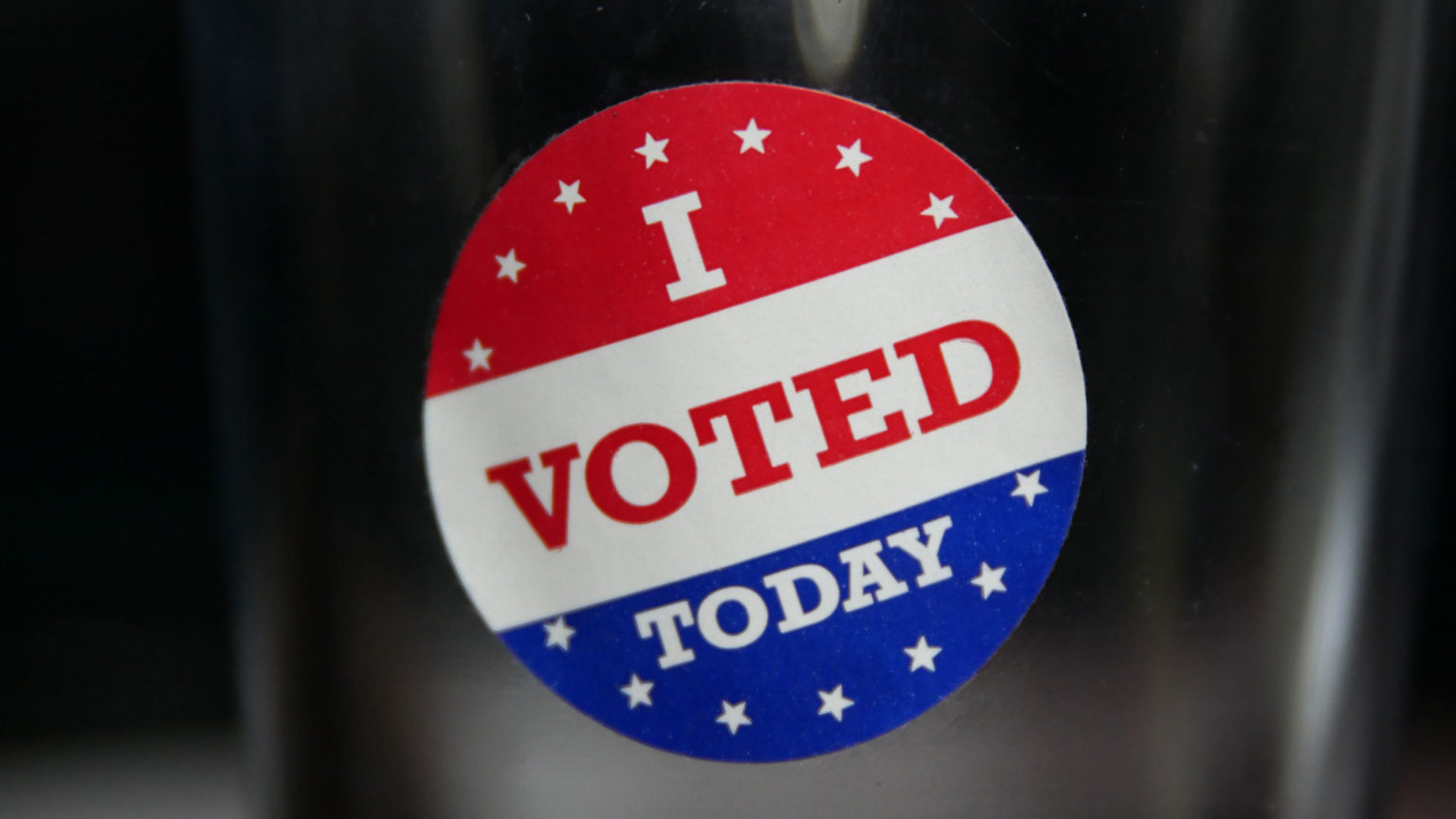
An "I Voted Today" sticker from Wisconsin.
6:45 p.m. U.S. Supreme Court Rules Ballots Must Be Postmarked by Tuesday
Under a U.S. Supreme Court ruling, all absentee ballots in Wisconsin’s election must be postmarked by Tuesday, but can be received as late as April 13. Allowing ballots to be sent later than Tuesday “would fundamentally alter the nature of the election by allowing voting for six additional days after the election,” according to the opinion.
5:00 p.m. Supreme Court Rules Election Can Move Forward
The Wisconsin Supreme Court struck down Gov. Tony Evers’s executive order Monday evening, just four hours after it was unveiled. In a 4-2 decision that followed partisan lines, the court’s conservatives agreed with a GOP petition that said Evers’s emergency powers under state law and the constitution did not allow him to change the date of the election.
Conservative Justice Dan Kelly did not participate, as he is one of the candidates on the ballot. He said on Twitter earlier Monday the election should go on.
Evers said Monday afternoon, if the state Supreme Court did not agree with him, he would not pursue any other action to suspend or delay the election.
The Wisconsin Elections Commission is still awaiting decisions from the U.S. Supreme Court and a federal judge in Milwaukee that could alter the election, but at this time has been consistent in advising all poll workers to assume the election would go on as planned.
4:30 p.m. Evers Responds to Legal Challenge
Three attorneys with the Wisconsin Attorney General’s office filed a response, defending Gov. Tony Evers’s executive order this afternoon. They argue that altering an election date during a health emergency is not outlawed in state statute, and is therefore allowed in the same way Evers can amend other state laws during an emergency.
“Indeed, there is no Wisconsin statute specifically addressing when [a] public health emergency makes an election date untenable. Rather, the emergency powers vested in the Governor are the only statutes that apply to the present circumstances,” the lawyers wrote in their filing.
The brief also said Evers’s authority derives, in part, because he exhausted all other options and waited until the last minute before deciding it was not safe to hold the election.
“At this rare moment in history, to protect the public, the Governor had to move the election,” they wrote in the brief. “That is the only way to carry out his duty under the emergency provision—in other words, it is the only reasonable interpretation of that statute as it applies to this specific scenario Wisconsin faces.”
3:30 p.m. Elections Commission Holds Emergency Session
The Wisconsin Elections Commission held an emergency meeting Monday afternoon, in which they noted there are three separate legal actions pending that could alter the election:
- the U.S. Supreme Court could rule on the GOP’s appeal of a federal decision to extend the time to receive absentee ballots,
- a federal judge in Wisconsin’s Eastern District is hearing another lawsuit to delay the election,
- the Wisconsin Supreme Court will weigh in on Governor Evers order to suspend the election.
Commissioners expect to meet again Monday night by teleconference after they learn what the state Supreme Court rules. They will then issue guidance to local clerks.
At least two counties in Wisconsin have put out notices to close polling stations Tuesday in light of the governor’s order. Outagamie’s county executive closed all polling sites outside of Appleton, while all polling locations in Milwaukee County will be closed.
If the governor’s executive order is overturned, those orders would be overturned as well.
3:00 p.m. Republicans Seek Supreme Court Ruling
Republicans filed paperwork Monday afternoon asking the Wisconsin Supreme Court to take original action and find the governor’s Executive Order to be unconstitutional:
“The Governor does not have constitutional or statutory authority to modify, suspend or otherwise alter the statutes. Nor does the Governor have the constitutional or statutory authority to set the time, place and manner of elections. That authority belongs to the Legislature…Given that the Governor’s order comes mere hours before the in-person election is set to begin, the Legislature will suffer irreparable harm if Executive Order 74 is not immediately enjoined.
“Moreover, such sweeping changes to an election made just before the election is set to begin will undoubtedly cause voter confusion and call into question the integrity of the electoral process.”
2:30 p.m. Evers Delivers News Briefing
Gov. Tony Evers said he believes the Wisconsin Supreme Court will support his executive order suspending the spring election. During an afternoon press conference Evers said, “I believe the Supreme Court will be helpful but at the end of the day it’s about safety. This spans liberal and conservative biases. If we fail we will have failed many people in Wisconsin.”
On April 1, Evers said he did not have the authority to suspend the election. His chief legal counsel Ryan Nilsestuen said Monday however, the “facts on the ground have changed from a week ago.”
Nilsestuen says the governor has the power under state law and the state constitution to issue orders deemed necessary for the security of persons and property.
Evers said there are no plans to appeal any ruling from the Wisconsin Supreme Court or to have Department of Health Services Secretary-designee Andrea Palm issue a similar order under the banner of the COVID-19 health emergency.
“This is it,” Evers said. “We’re counting on the Supreme Court to support us. We’re making our best case possible…This is it.”
Nilsestuen said they don’t know when they will hear from the Wisconsin Supreme Court. He said they have not yet seen the written challenge Republicans promised to file with the court.
Evers said he picked the date of June 9 based on advice from health experts. Wisconsin’s 7th Congressional District, covering 26 counties across northern Wisconsin, has a special election scheduled for May 12. Evers said that election could be suspended as well, but said there is time to figure that out.
Times are approximate for when updates were published. Will Kenneally contributed to the report.
 Passport
Passport




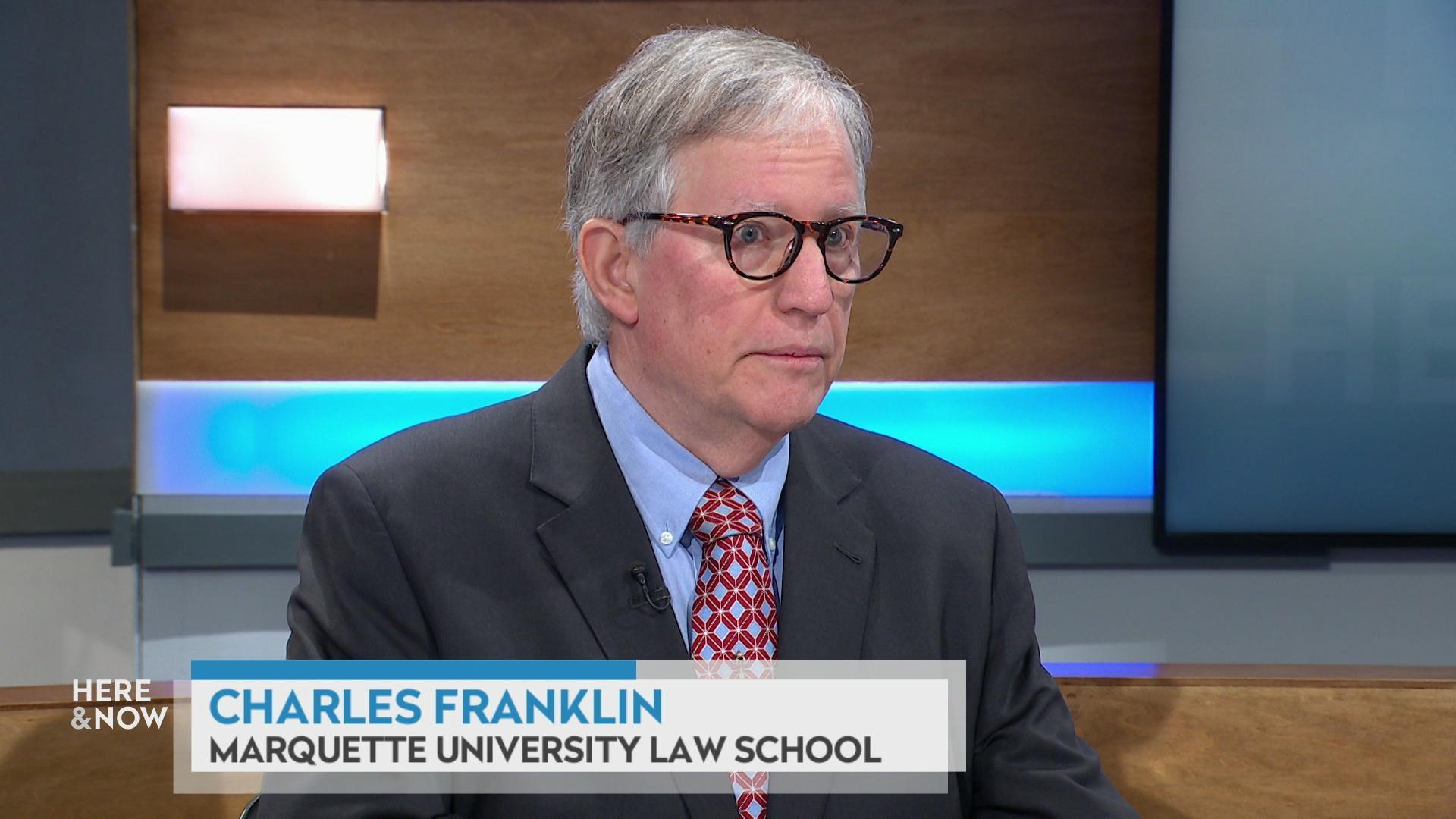

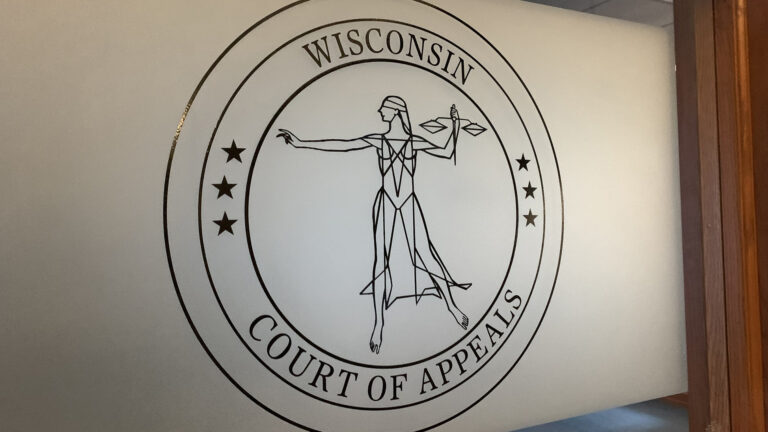
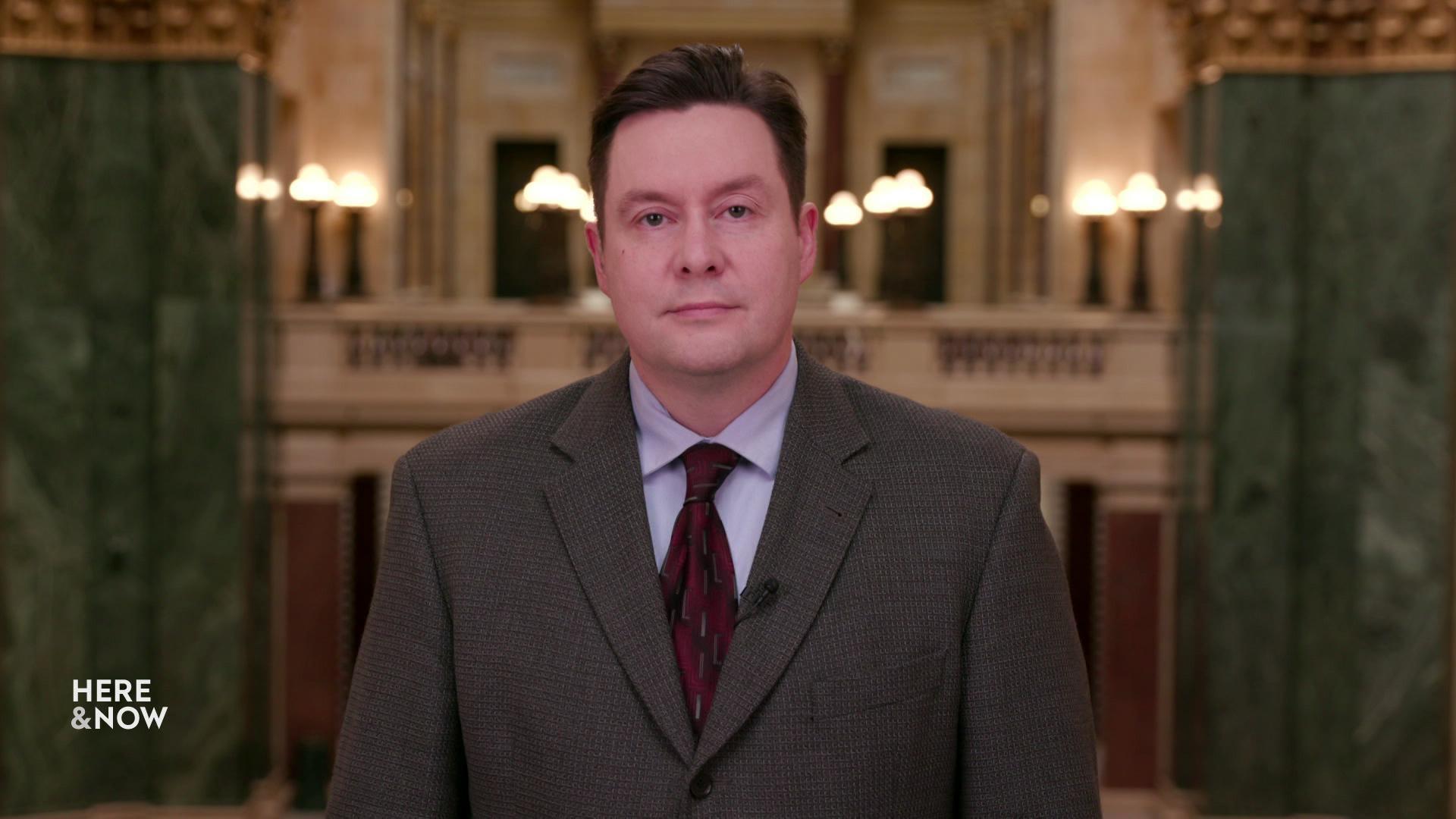
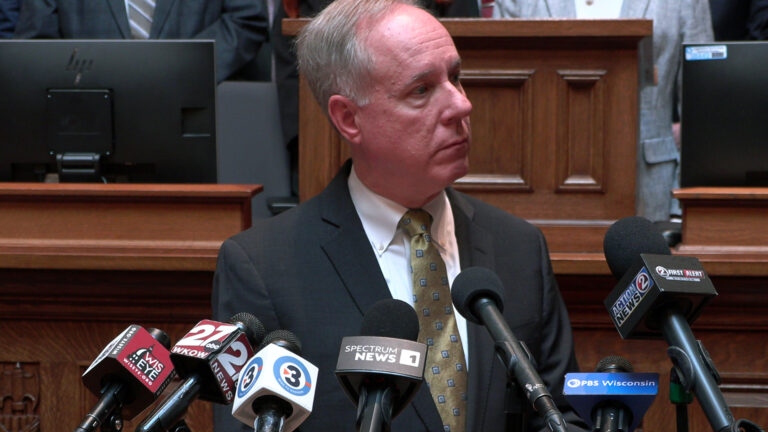


Follow Us